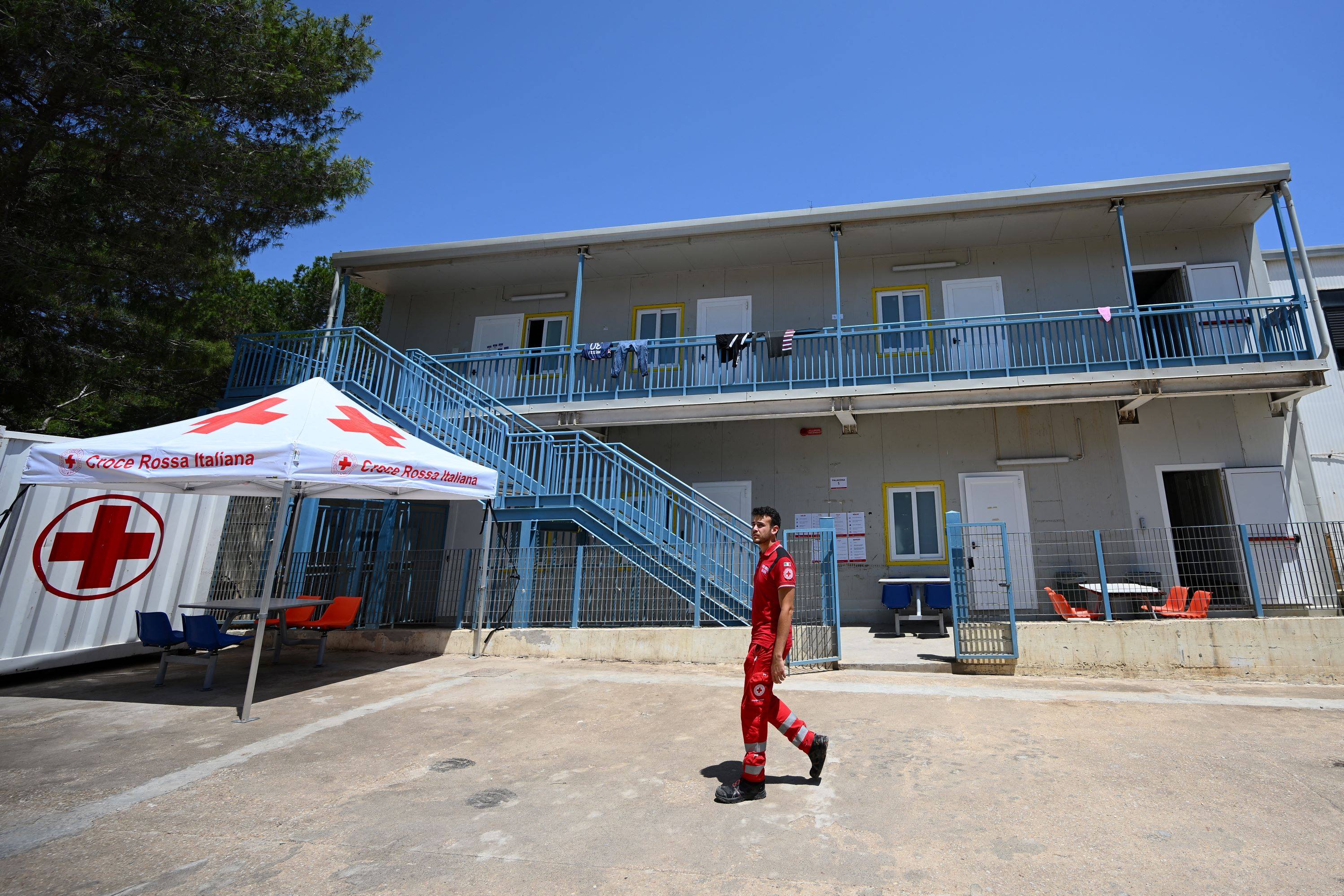Experts raise questions over EU's new migration policy

Migration experts have raised concerns about the overhaul of asylum and migration policy agreed by European ministers on Thursday night.
Changes to the existing system include a compulsory but flexible solidarity mechanism to better spread asylum seekers across the EU, and a new procedure at external borders to return rejected asylum seekers.
Ellen Desmet, professor of migration law at Ghent University, says there are a number of risks associated with the adjusted policy. “From a human rights perspective, I question how people will be adequately accommodated at the border procedure, because in practice they are likely to be systematically detained,” she said, adding that procedural guarantees such as the right to a lawyer would come under pressure.
"In practice, this will be a very difficult agreement to implement"
She fears the agreement will not reduce the pressure on countries at Europe’s external borders, with the same countries remaining responsible for the majority of asylum applications. She also criticised the fact that children travelling with their families could end up in the border procedure, “which carries risks of violations of the Children’s Rights Convention”.
Joost Depotter of refugee council Vluchtelingenwerk Vlaanderen spoke to Radio 1’s De Ochtend about the decision. His organisation questions the promised faster procedure at external borders. “Today, asylum decisions in Belgium take about two years,” he said. “I wonder how they intend to organise that in five weeks.”
He also fears there will be problems with Sahel countries: inhabitants face poor living conditions due to the climate, but this is not yet covered by international protection. “In practice, this will be a very difficult agreement to implement,” Depotter said.
#FlandersNewsService | A volunteer from the Italian Red Cross on the island of Lampedusa, south of Sicily © VINCENZO PINTO / AFP